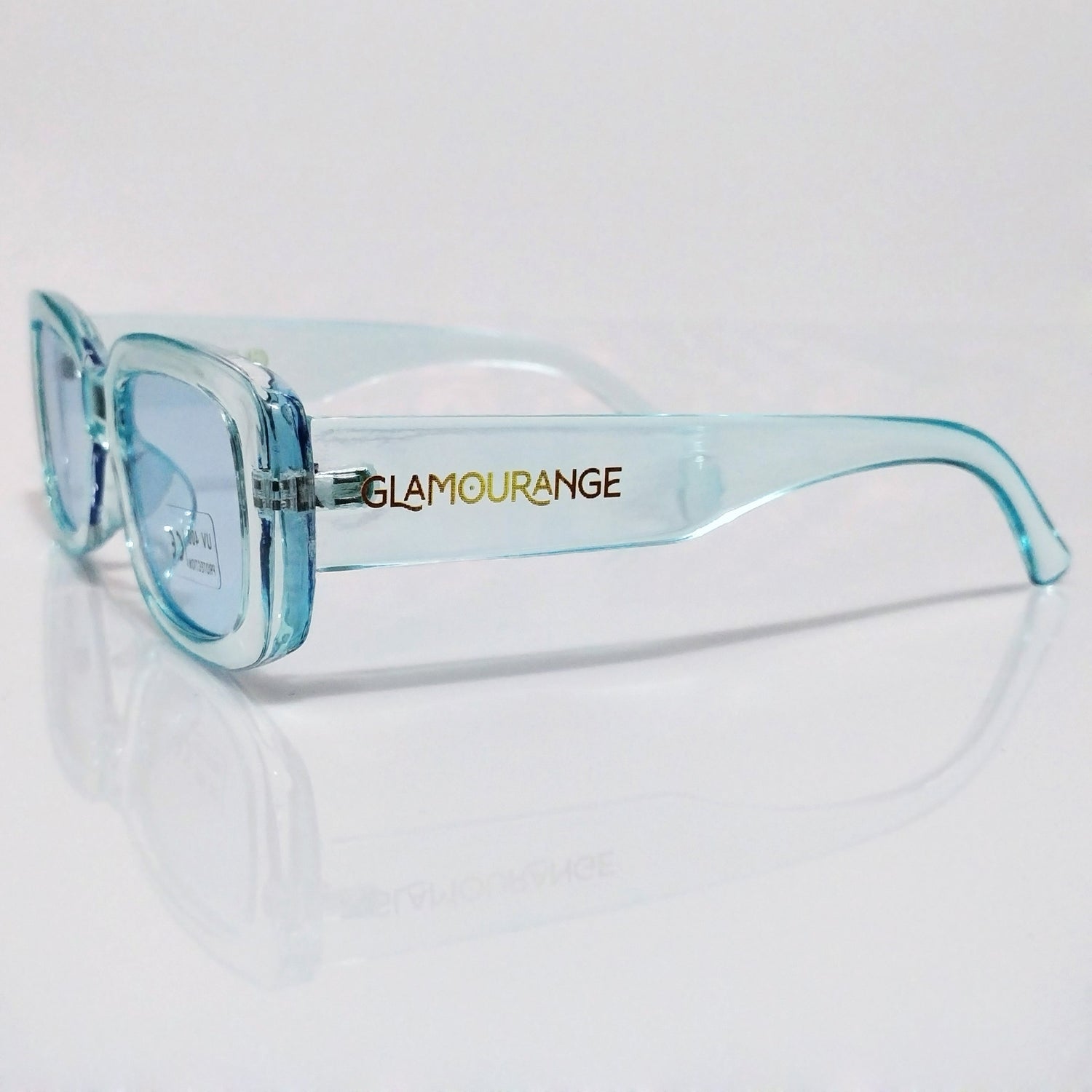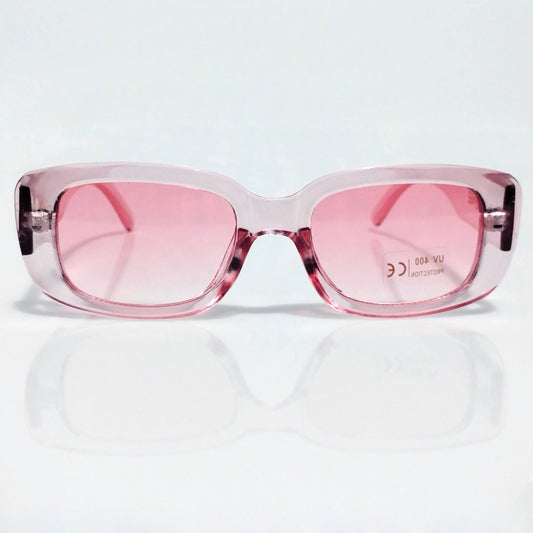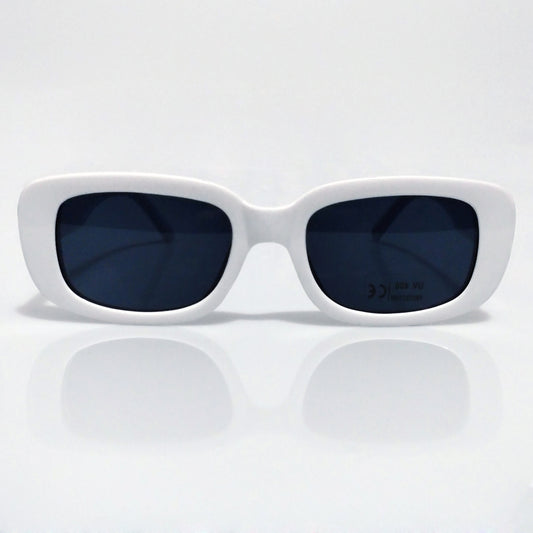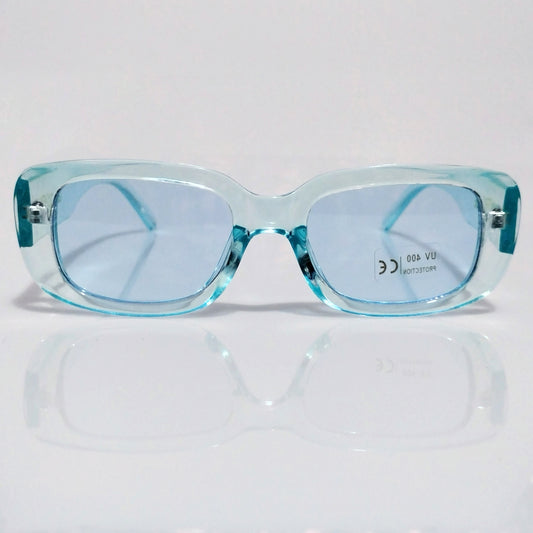
How to Choose Sunglasses to Protect Eyes
SHARE
When it comes to protecting your eyes from the harmful effects of the sun, sunglasses are an essential accessory. Not only do they shield your eyes from bright light and glare, but they also provide protection against harmful ultraviolet (UV) rays.
However, with so many options available, choosing the right sunglasses can be overwhelming. To help you make an informed decision, here are some key factors to consider when selecting sunglasses to protect your eyes.
1. Look for 100% UV Protection
UV rays can cause various eye problems, including cataracts, macular degeneration, and even cancer. Therefore, it is crucial to choose sunglasses that offer 100% protection against both UVA and UVB rays. Look for sunglasses labeled "UV400" or "100% UV protection" to ensure maximum safety for your eyes.
2. Consider the Lens Color
The color of the lenses can affect how well you see and how much light reaches your eyes. While lens color preference is subjective, certain tints can enhance specific activities. For example, gray lenses provide true color perception and are suitable for everyday use, while brown or amber lenses enhance contrast and are ideal for outdoor sports.
3. Check the Lens Quality
The quality of the lenses is crucial for both vision clarity and eye protection. Look for sunglasses with lenses that are free from distortions and imperfections. Opt for lenses made from materials like polycarbonate or Trivex, as they are impact-resistant and provide excellent optical clarity.
4. Polarized Lenses for Glare Reduction
Polarized lenses are designed to reduce glare caused by reflected light, such as sunlight reflecting off water, snow, or shiny surfaces. This feature can be particularly beneficial for activities like driving, fishing, and skiing. However, keep in mind that polarized lenses may make it difficult to read LCD screens, so they may not be suitable for all situations.
5. Consider the Fit and Coverage
Proper fit and coverage are essential for sunglasses to provide adequate protection. Look for sunglasses that fit snugly on your face and cover your eyes completely. Wraparound styles or oversized frames can provide additional coverage by blocking light from entering the sides.
6. Don't Forget About Style
While protection should be your top priority, there's no reason why you can't look stylish at the same time. With a wide range of frame styles, colors, and designs available, you can find sunglasses that not only protect your eyes but also complement your personal style.
7. Consider Prescription Sunglasses
If you wear prescription glasses, consider getting prescription sunglasses. They offer the same level of UV protection as regular sunglasses while still allowing you to see clearly. You can choose from a variety of lens options, including single-vision, bifocal, or progressive lenses, depending on your vision needs.
By considering these factors, you can choose sunglasses that not only protect your eyes from the sun's harmful rays but also meet your specific needs and preferences. Remember, investing in a high-quality pair of sunglasses is an investment in your eye health.












